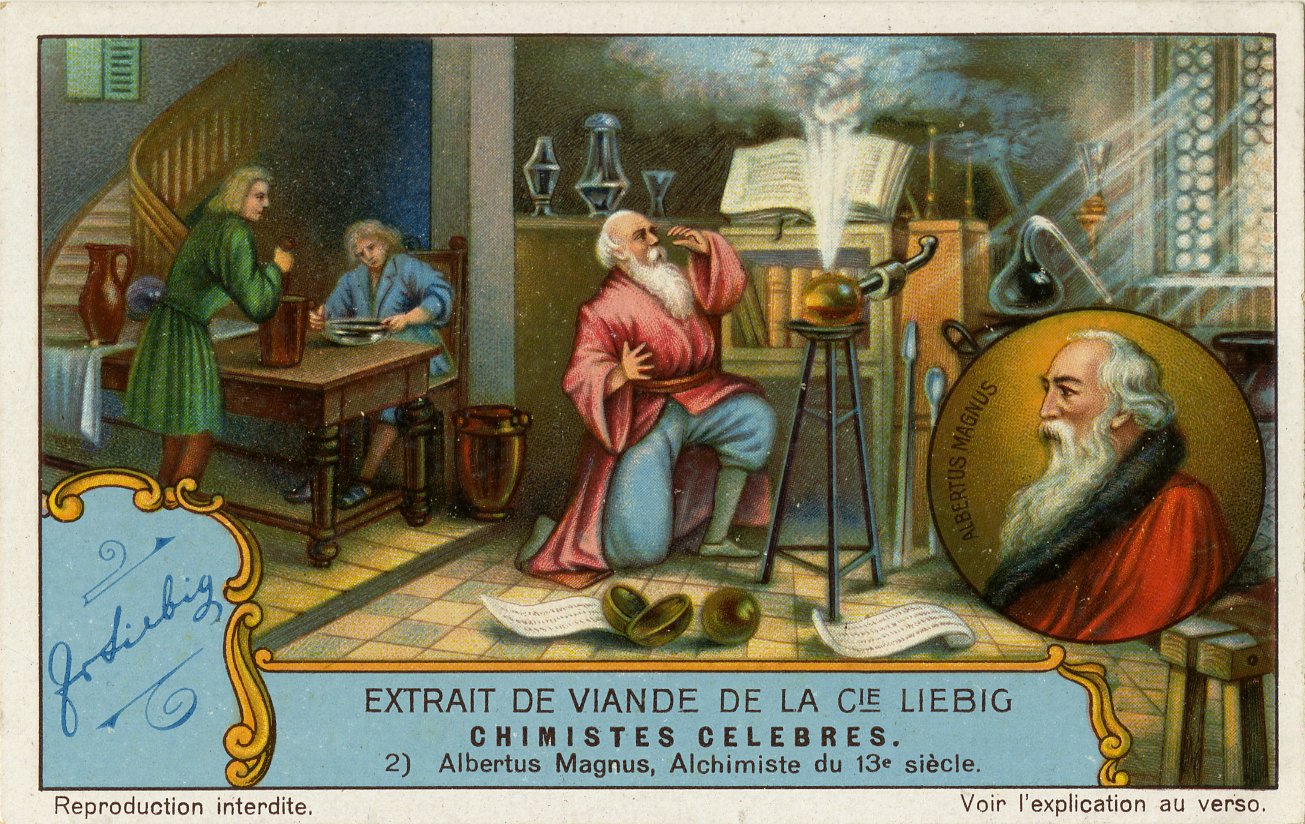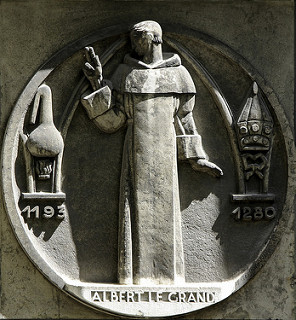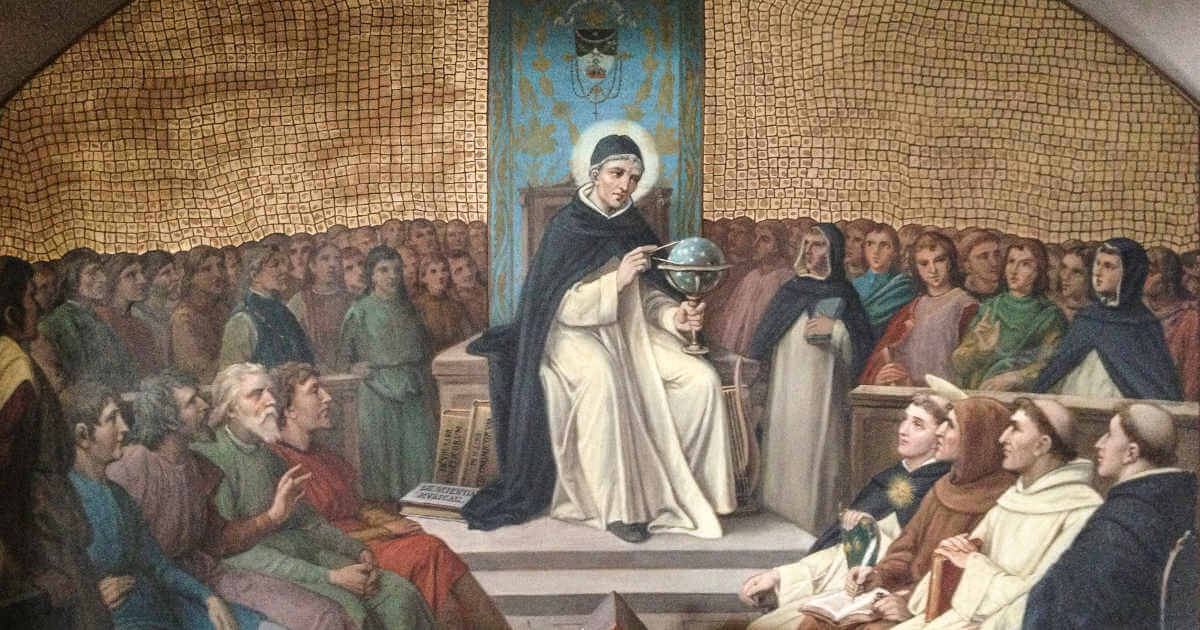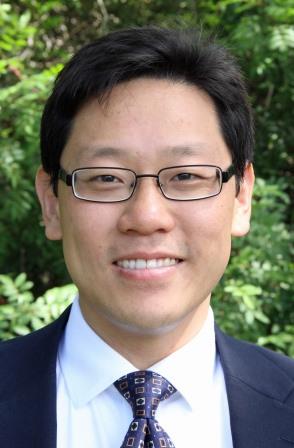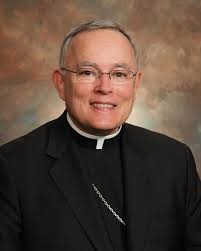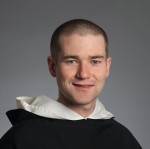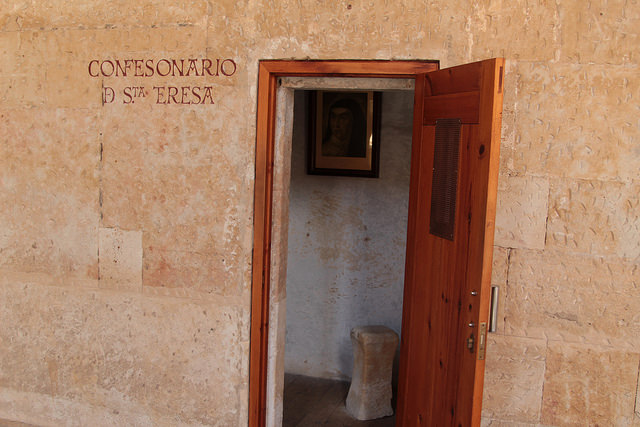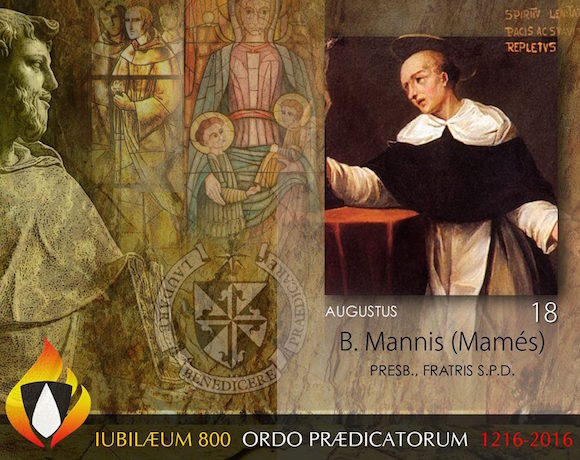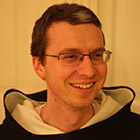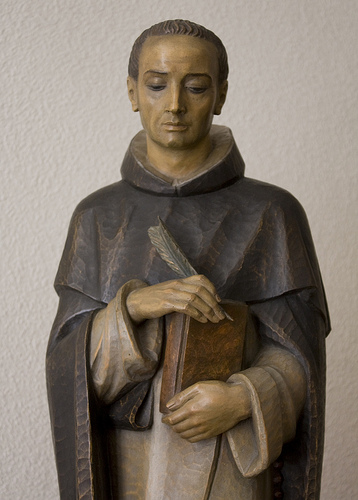-by Br Christopher Wetzel, OP, English Province
“In the Fundamental Constitutions of the Friars of the Order of Preachers, we read that “the Order of Friars Preachers founded by St. Dominic ‘is known from the beginning to have been instituted especially for preaching and the salvation of souls.’” (LCO II) Today, we have precious few documents from St. Dominic himself that would help us better understand in what this preaching consists and how the Sons of St. Dominic are to undertake this task. However, we do have the work of Blessed Humbert of Romans, the fifth Master of the Order, with which to understand how the earliest friars viewed the preaching mission.
Humbert’s tenure at the head of the Order was quite fruitful, resulting in a re-organization and standardization of the Order’s liturgy, a new edition of the Constitutions, improvements in discipline in the Order’s houses and the collation of testimony and documents for the cause canonization of St. Dominic and St. Peter of Verona, much of which formed the basis for the Vitae Fratrum. In addition to writing a commentary on the Rule of St. Augustine, Humbert also wrote a Treatise on Preaching that provides a structured and scriptural view of the preaching office. Humbert substantiates his view of preaching with copious scriptural citations. For example, he challenges those who are fearful of preaching using the book of Proverbs:
Among the frivolous reasons why some men refuse to preach, we mention first the excessive diffidence of those who believe themselves incapable of preaching although they are fully competent to hold this office. To such as these the Book of Proverbs says: “Deliver them that are led to death: and those that are drawn to death forbear not to deliver. If thou say: I have not strength enough, He that seeth into the heart, he understandeth, and nothing deceiveth the keeper of thy soul: and he shall render to a man according to his works” (Prov. 24:11-12).
One gets the sense in reading his Treatise on Preaching that Humbert was a contemplative man whose deep immersion in scripture was dynamically linked to his love for those to whom he preached, each reinforcing the other. Such a virtuous cycle is possible today as well. Perhaps this 800th year of the foundation of the Order of Preachers can be an opportunity for us all to take a little extra time to reflect on the attractive call for all Christians to be preachers, bearing the glad tidings of God’s Love to the world and to cast aside our fears. Like Simon Peter, after experiencing the overabundance of God’s goodness in the miraculous catch, we might want to say to Jesus “depart from me because I am a sinful man.” But Jesus does not let St. Peter’s weakness (nor ours) get in the way, and tells all of his followers: “Do not fear, from now on you will be catching men.” (Lk 5:8,11)”
“Though the Lord give a great grace to everyone whom He calls to religious life, and an even greater grace to those whom He calls who are not clerics, He seems to give the greatest grace of all to those whom He calls to be laybrothers in the Order of Friars Preachers.” -from the beginning of a homily by St Humbert
Love,
Matthew



